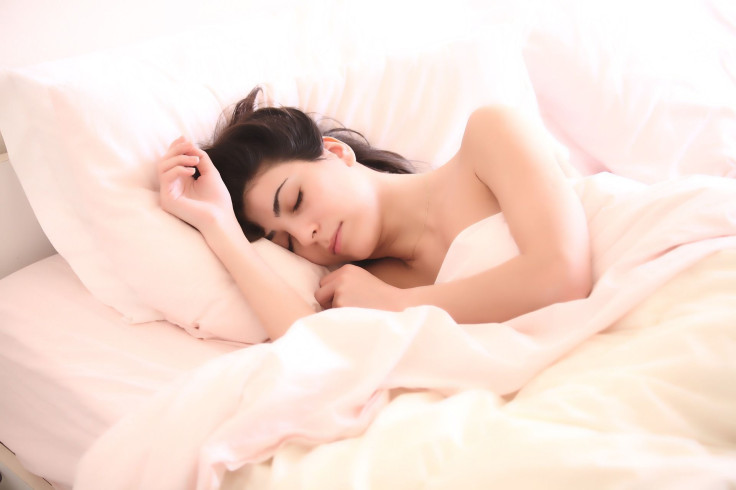The Top Reasons You're So Tired When You Get Enough Sleep, From Lack Of Exercise To Dehydration

Feeling well rested is something very few of us actually experience. It may seem like you’re still tired even after getting that recommended eight hours of sleep, so what’s the deal? According to this video from AsapSCIENCE, there are many factors contributing to feeling fatigued that have nothing to do with how many hours you’ve logged in bed.
Read: Weighted Blanket For Anxiety, Trouble Sleeping: Deep Touch Pressure Boosts Serotonin, Calms Nerves
The host explains that the second most common cause of fatigue are poor diet and lack of exercise. In one study, people who incorporated physical activity a few times a week reported having more energy after six weeks. Plus, exercising can make you feel more well rested even if you don’t get more sleep.
If you find that you’re frequently tired, AsapSCIENCE recommends staying away from coffee. Relying on it can make you more tired as caffeine blocks adenosine, which accumulates through the day and makes you tired at night. It’s best to avoid coffee, soda or energy drinks six hours before bedtime.
Not sipping enough water throughout the day is another source of low energy. A decrease in hydration can make it hard to concentrate, plus it thickens blood and makes it hard for nutrients to reach your muscles. Be sure to drink plenty of plain water to keep your hydration up.
While you want to throw back the water, you’ll also want to reduce the amount of alcohol consumed as it impacts the amount of REM sleep you get. Binge drinking can lead to late nights, causing you to sleep in and throw off your sleep schedule. Waking up close to your normal time is best on weekends, and if you really need some light Zzzzs, a 20-minute nap won’t keep you from sleeping at night.
Read: What Is Yohimbe: Sleep Apnea Patients May Find Relief In All-Natural Aphrodisiac
For more tips on how to get a good night’s sleep, or when fatigue can be the sign of medical problems, check out the video from AsapSCIENCE.
See Also:
Sleeping, Health Problems Linked To Telecommuting: New Study
Prebiotics In These 8 Foods Could Help Reduce Stress-Induced Sleep Problems



























